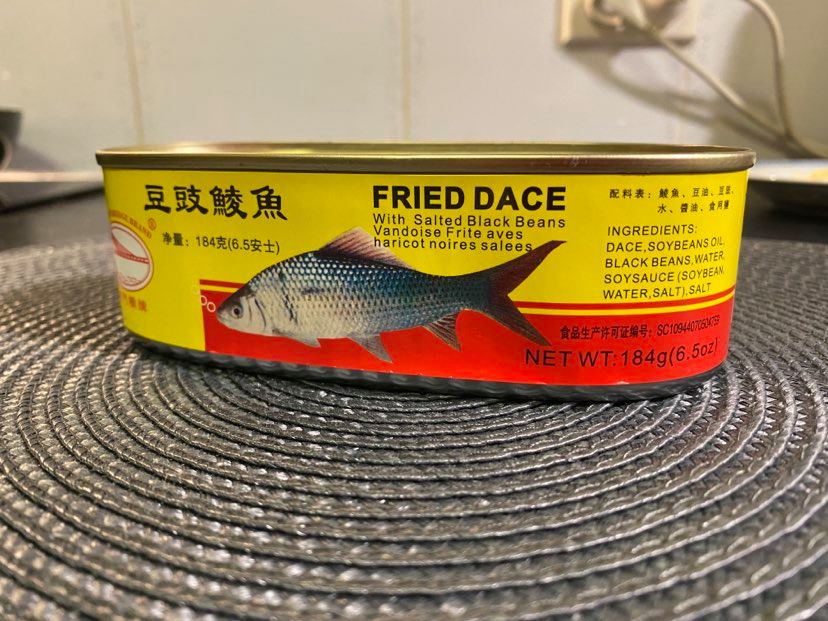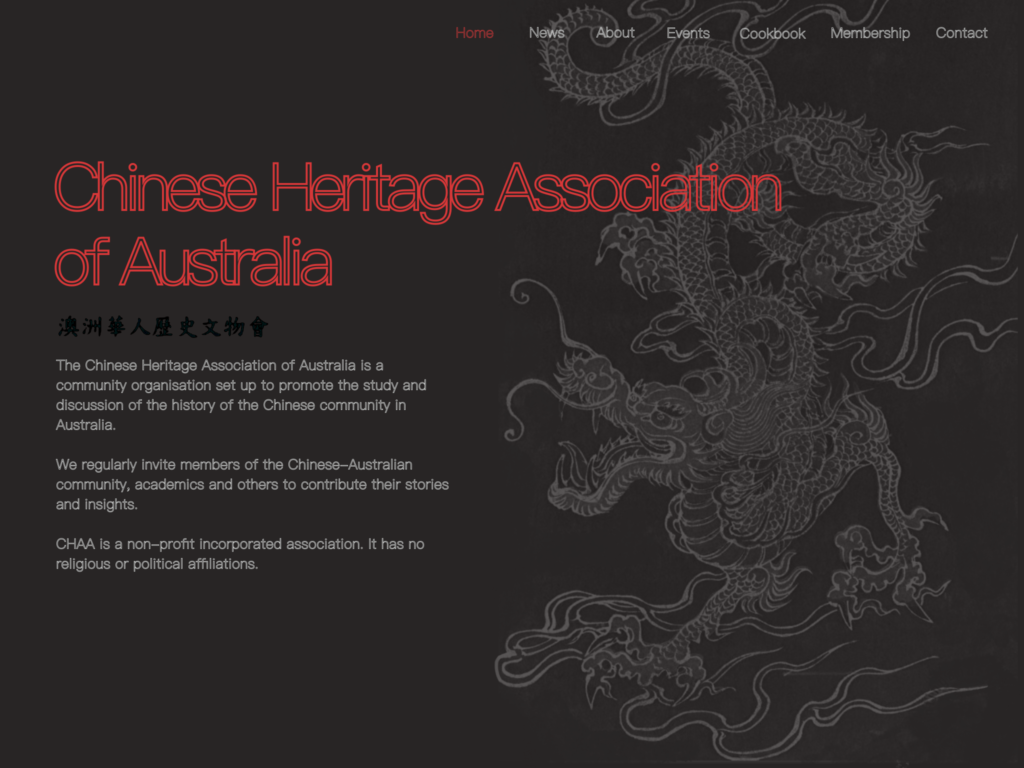“To forget one’s ancestors is to be a brook without a source, a tree without a root.”
Chinese Proverb
I believe that for many, there exists an innate human desire to know our own histories. It is not only where we come from, but more interestingly, the question of who we come from. The ancestors we have are much like us – we share inseparable hereditary links to them through our blood, DNA, and very existence.
But who were they as people? What were their personalities like? Would life in such a distant time within history have shaped them to hold vastly different values to ours? Would we have liked them if we had met them? Would we have enjoyed their company? The questions presented here are difficult to find answers to, and some are almost impossible to answer, especially without submitting oneself to a deep historical inquiry of someone’s entire lifetime. These questions have always compelled me to find answers, though the comparisons I can make between myself and my distant historical relatives only extends to our blood. This is of course, except for the food.
The Revelation that Food is History

My dad found tins of ‘fried dace’ – a small fish preserved in oil and salted black beans – when he was shopping for dinner. The origin story begins in the late 1800s where there was widespread immigration for new opportunities in foreign lands. As the differences in food were a significant culture shock to the newly arrived immigrants, it was difficult to become accustomed to the food of their new countries. The dace from Guangzhou, China, were fried, preserved in salted black beans and oil, and taken to foreign countries for immigrants, such as the U.S. and Australia. It was a popular food for early gold rush settlers for its affordability and how its strong flavour allowed it to become a meal when combined with plain white rice. My dad described how it was a food that had been eaten for generations in our family and how the ingredients had not changed throughout time. For this seemingly mundane meal to the outside eye, it allowed me the opportunity for a profound experience running parallel to those of my distant historical relatives. It is through the oral histories and experiences told by my dad, from my grandfather, and from his father, and so on, that I found myself feeling my experiences were more intertwined with my ancestors than ever before.
Project Cookbook
The revelation that food is a fantastic way to have myself and others engaging with history and our immigrant ancestors, only came through while I was in talks with the Chinese Heritage Association of Australia (CHAA), a fantastic organisation that delves mostly into oral histories to tell the stories of the Chinese community in Australia. The search for a major project idea led to talks about making changes for the CHAA’s website. This helped us envision a general update (modernisation and revitalisation) to the website as well as the inclusion of a new webpage, featuring an interactive, digitised cookbook made in tandem with the community, that includes recipes of dishes and snacks that have either cultural and historical significance to Chinese-Australians.


Very interesting read. Make me want to seek out this classic delicacy
What a great blog post, Nicholas. I loved your reflections on your connections with ancestors, and your discovery of food as history. Looking forward to seeing your work with the CHAA, and maybe trying out some new recipes. Thanks for this. Mike M. PS: I’m also keen to seek out some fried dace now….
A very captivating article that had me picturing times past.